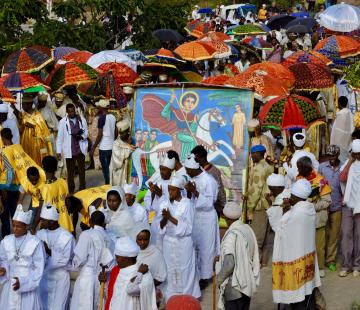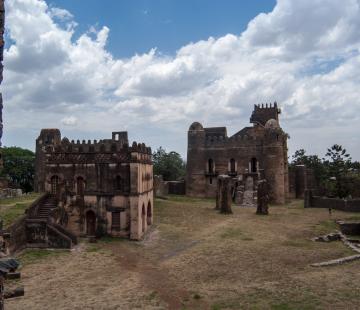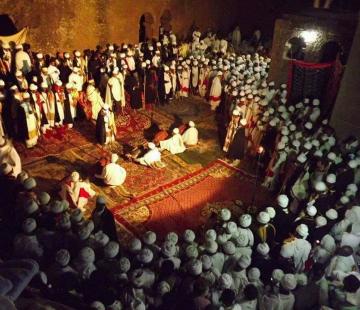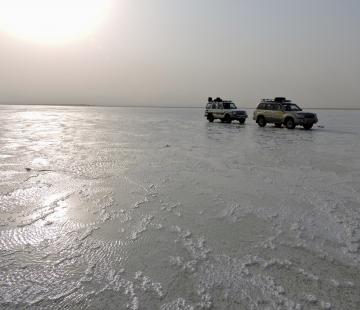A land of dramatic contrasts, Ethiopia has mountain ranges, low lying deserts, strings of lakes, and a network of major river systems. The country is located in the Horn of Africa, lies about 9 degrees north of the equator and covers an area of 1,100,000km2. Its population is over 102 million, making it the most populous landlocked country in the world, and the second most populous nation in Africa.
Overview of Ethiopia
Addis Ababa, the capital, is a sprawling city with a population of over 7 million. It’s the centre of the African Union, and the residence of the United Nations Economic Commission for Africa. Founded in 1887, the city is home to people from all regions of Ethiopia and has a growing expatriate population. The Ethiopian Orthodox Church is much in evidence here, with a host of lesser churches, and some greater...(continue)




